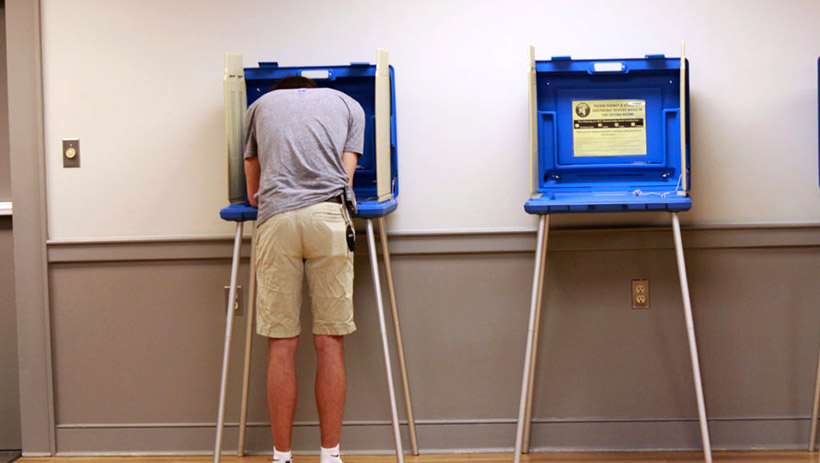Senate Passes Congressional Districts as New Legal Fight Looms | Eastern North Carolina Now
N.C. Supreme Court rejects call to review legislative districts, so they're set for next year's election


| Governor Cooper Signs Two Bills Into Law | Carolina Journal, Editorials, Op-Ed & Politics | CJ Politics Week in Review, November 11-15 |
|
If a white person commits a crime against a black person, it is a national news story.
Published: Monday, September 15th, 2025 @ 5:21 pm
By: Daily Wire
|
|
would allow civil lawsuit against judge if released criminal causes harm
Published: Monday, September 15th, 2025 @ 8:32 am
By: John Steed
|
|
good sign for next French election
Published: Sunday, September 14th, 2025 @ 9:17 pm
By: John Steed
|
|
By Rev. Mark Creech
Published: Sunday, September 14th, 2025 @ 5:43 pm
By: Countrygirl1411
|
|
"This highly provocative move was designed to interfere with our counter narco-terror operations."
Published: Sunday, September 14th, 2025 @ 5:43 pm
By: Daily Wire
|
|
Charlie Kirk, 31 years of age, who was renowned as one of the most important and influential college speakers /Leaders in many decades; founder of Turning Point USA, has been shot dead at Utah Valley University.
Published: Sunday, September 14th, 2025 @ 5:42 pm
By: Stan Deatherage
|
|
The Trump administration took actions against Harvard related to the anti-Israel protests that roiled its campus.
Published: Sunday, September 14th, 2025 @ 5:33 pm
By: Daily Wire
|
|
In remembrance of the day that will forever seer the concept of 'evil' in our minds, let's look back at that fateful morning, exactly 11 years ago today to that series of horrific events which unfolded before our unbelieving eyes......
Published: Sunday, September 14th, 2025 @ 5:32 pm
By: Diane Rufino
|
|
ďThis could happen to any American man or woman [who] goes to Heathrow."
Published: Sunday, September 14th, 2025 @ 5:31 pm
By: Daily Wire
|
|
transgender etchings on bullets now have basis shown
Published: Saturday, September 13th, 2025 @ 1:57 pm
By: John Steed
|
|
By Rev. Mark Creech
Published: Saturday, September 13th, 2025 @ 12:22 pm
By: Countrygirl1411
|
|
crooked Biden judge had put herself above both president AND congress
Published: Friday, September 12th, 2025 @ 8:09 pm
By: John Steed
|
|
Another failure for Harris
Published: Friday, September 12th, 2025 @ 4:04 pm
By: Countrygirl1411
|